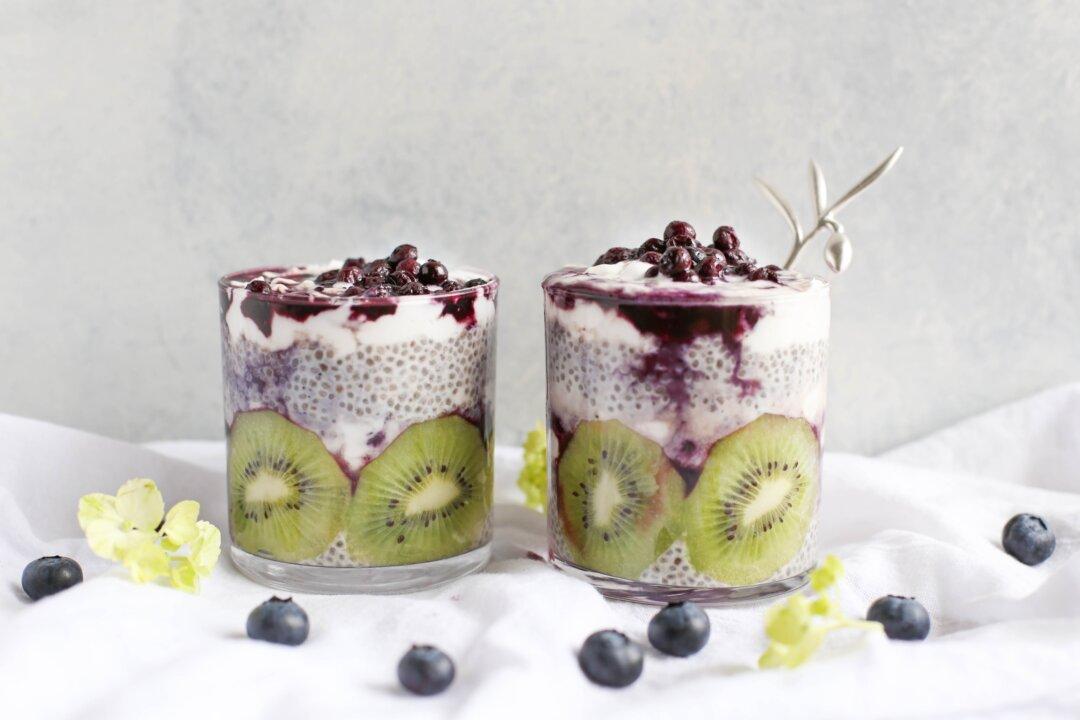“Salt is what makes things taste bad when it isn’t in them.” – Unknown
Sodium is one of those things that everyone “knows” is unhealthy… kind of like saturated fat.
The government has been warning us about it for decades and has spent a massive amount of resources warning us about the “dangers” of it.
The reason they do so, is that sodium is believed to increase blood pressure, a common risk factor for heart disease and stroke.
These are the two most common sources of death in middle- and high income countries.
The major health organizations recommend that we cut back on sodium:
- United States Department of Agriculture (USDA): 2300 mg.
- American Heart Association (AHA): 1500 mg.
- Academy of Nutrition and Dietetics (AND): 1500 to 2300 mg.
- American Diabetes Association (ADA): 1500 to 2300 mg.

So is sodium really that bad? typo-graphics/iStock





